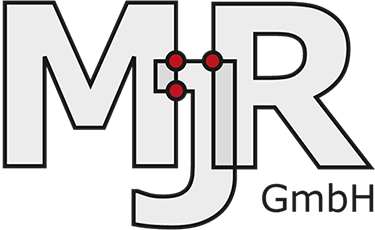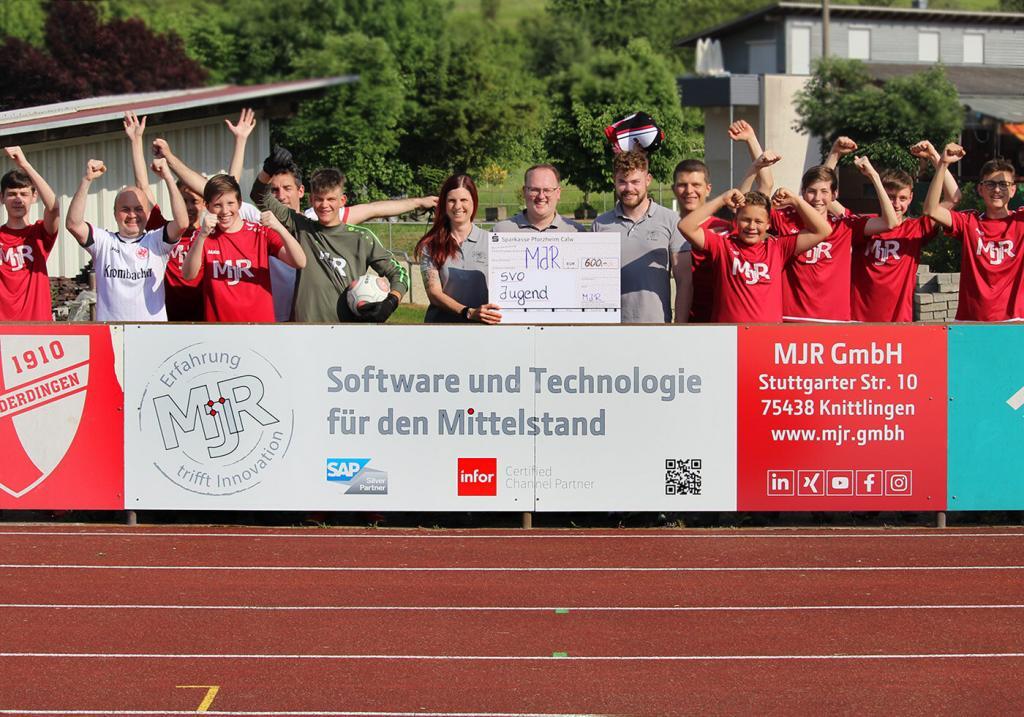Inhalt

Julia Eberle
Marketing manager
Your partner for ERP and technology.
Integration and efficiency
In today’s fast-paced business world, efficiency is the key to success. Companies face the challenge of optimizing their processes while maximizing the flow of information. This is where enterprise resource planning (ERP) systems come into play, which can simplify the exchange of information by integrating different business areas and thus increase efficiency.
The importance of a seamless flow of information
A decisive factor for the success of a company is a smooth flow of information. Important data is often collected in different departments but not shared effectively. This leads to information gaps and delayed decision-making processes. ERP systems solve this problem by providing an integrated platform where all relevant data is centralized and accessible in real time. This improves the exchange of information between departments and increases efficiency. We want a comprehensive overview of all company activities and enable seamless communication between different departments.
Integration for a smooth flow of information
The integration of different business areas is crucial for a smooth flow of information. Instead of isolated systems that only capture data within their own departments, ERP systems enable a holistic approach. Data is updated in real time and is available to all authorized users, regardless of their location or department.
Improved decision-making
The discovery call itself is an opportunity for us to clarify open questions, identify challenges and develop a vision for the project together with you.
Efficient use of resources
ERP systems help companies to use resources more efficiently by automating and optimizing processes. Routine tasks such as data entry are automated, saving time and minimizing human error. In addition, ERP systems make it possible to identify bottlenecks or inefficient processes at an early stage and rectify them before they have a major impact.
Customer relationship management (CRM) Integration
An important aspect of integration in ERP systems is the inclusion of customer relationship management (CRM). By linking sales and marketing data with other business areas, companies can obtain a comprehensive picture of their customers and adapt their offers accordingly. This not only contributes to customer satisfaction, but also to increasing sales.
Scalability and flexibility
Another advantage of ERP systems is their scalability and flexibility. They can be easily adapted to a company’s changing requirements and growth. Whether a small business is growing or a large company is expanding globally, a good ERP system can keep pace with requirements and help optimize the flow of information.
Challenges and solutions
Of course, there are also challenges when implementing and using ERP systems. These include, for example, costs, staff training and integration with existing systems. To overcome these challenges, it is important to choose an experienced provider and carry out thorough planning and training.
The ideal ERP?
An ERP system integrates various business functions and processes into a central system. Typical modules and content that are combined in such a system include:
Finance: This module includes accounting, budgeting, financial reporting, accounts payable, accounts receivable and asset management.
HR: This is where personnel information, payroll accounting, performance management, employee time tracking and personnel development are managed.
Procurement and purchasing: This module includes inventory management, supplier management, purchasing planning and ordering as well as supplier relationship management.
Sales and Marketing: Includes customer relationship management (CRM), sales management, order processing, quotation generation, sales analysis and marketing automation.
Warehouse management and logistics: This is where stock tracking, inventory management, supply chain management, shipping and logistics coordination are managed. These basic modules can be usefully supplemented by other areas. If you are a manufacturing company, for example, a module for production and manufacturing may be necessary.
Information flow to increase efficiency
ERP systems play a crucial role in improving the flow of information and increasing efficiency in companies. By integrating different business areas, they enable seamless communication and a comprehensive overview of all company activities. With the right systems and careful planning, companies can strengthen their competitive advantage and ensure long-term success. Processes are optimized, costs are reduced and performance is improved at the same time – all in all an essential step on the way to a successful future in today’s very dynamic business world. Nevertheless, there are also challenges to overcome. Implementing an ERP system requires careful planning and selection of the right system. In addition, employee training and integration with existing systems (elimination of isolated solutions) are also important factors. Close collaboration with experienced vendors and a well thought-out implementation plan are essential to overcome potential difficulties and take full advantage of the technology.

Here we get into the game:
Our many years of experience in the planning and implementation of ERP and integration topics.
Marcel Kosel
Sales Manager








